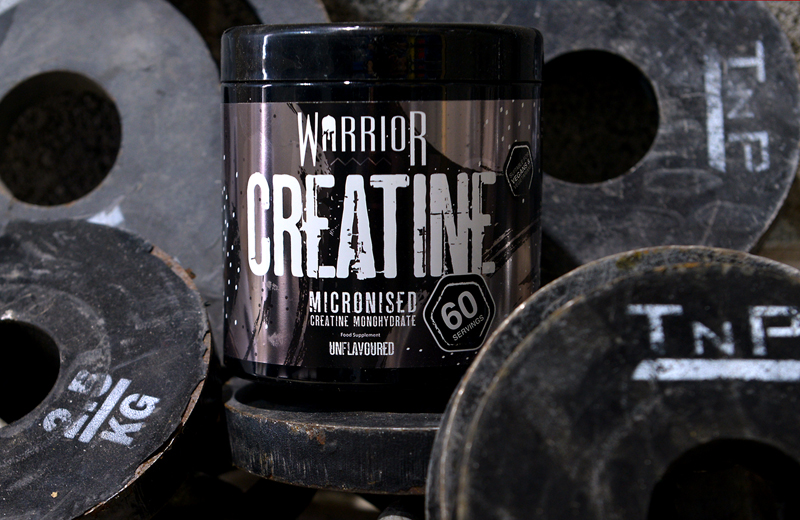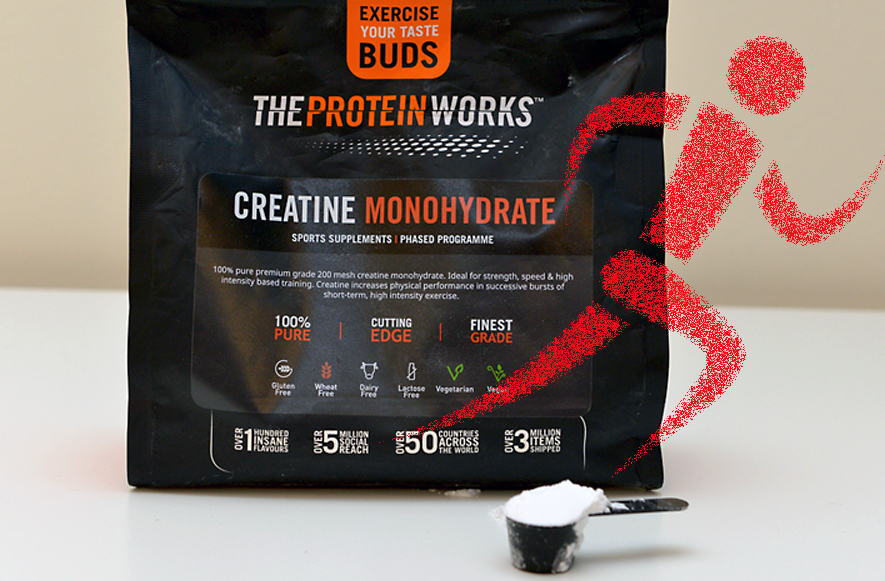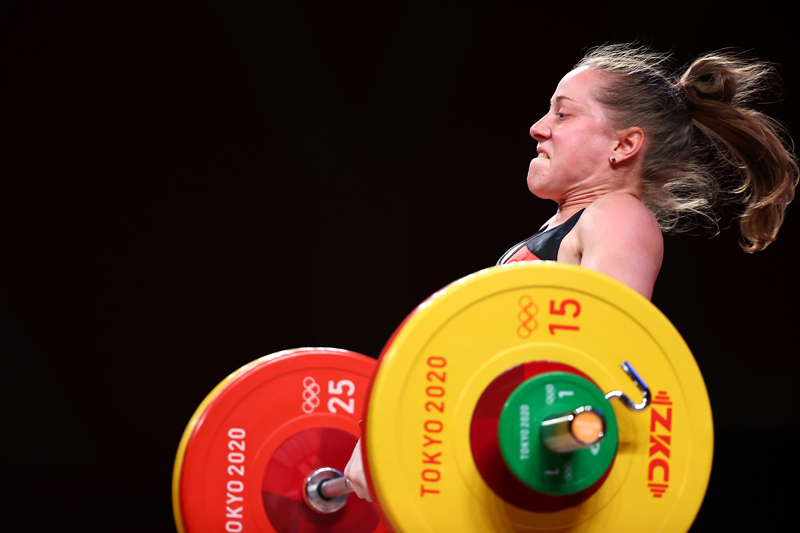Yerba tea: performance help from a mate!

Sports supplements marketed as endurance performance boosters often promise much, but frequently fail to deliver when placed under proper scientific scrutiny. That’s why supplements such as caffeine, creatine and carbohydrate are so notable in sports nutrition – they actually do what they say on the tin! However, the search for genuinely ergogenic sport supplements continues apace, and a recent study on an antioxidant-rich South American herb known as ‘yerba mate’ suggests a closer look is maybe worthwhile. Yerba mate – widely drunk as a tea across the continent - is very rich natural antioxidants such as polyphenols, and other compounds such as saponins and xanthenes. Moreover, a number of studies have shown that it can increase fat utilisation during exercise in untrained humans. However, its effects on well-trained endurance athletes during exercise are hitherto unknown, which is why Norwegian scientists decided to investigate.
Yerba mate and cycling
This recently-published study looked at the physical performance effects of yerba mate in eleven well-trained male cyclists [Med Sci Sports Exerc. 2018 Jul;50(7):1525]. The cyclists were split into two groups: one group consumed five grams of yerba mate daily for five days prior to and on the morning of an exercise trial while the other group consumed five grams of an inert substance. The trial itself consisted of a cycling ergometer submaximal step-test at 30, 40, 50, 60, 70 and 80% of maximum oxygen uptake (very easy to pretty hard), with each stage lasting five minutes. Following this, the cyclists underwent a time trial (lasing around 30 minutes) where they had to complete a predetermined amount of work. As well as performance measurements in the time trial, all the cyclists underwent blood and respiratory gas testing to assess any difference in metabolism when the yerba mate was given. Importantly, this test was a ‘doubleblind crossover’ trial – the most scientifically rigorous of the lot. This meant that neither the cyclists nor the researchers knew who was taking the yerba mate and when. Also, the crossover design meant that following the first trial and a washout period, the whole process was repeated with the cyclists who originally took the yerba mate now taking the placebo and vice versa.What they found
The first key finding was that when the cyclists had been taking the yerba mate, they experienced a very significant 23% increase in fat burning during the more moderate-intensity levels of the step test. At much higher intensities – ie during the time trial, when carbohydrate burning provided the main source of energy – there were no significant differences in the rate of carbohydrate oxidation. However, there was a difference in performance; when the cyclists had taken the yerba mate, they completed the time trial in 29.4 minutes, some 2.2% faster than when they had taken the placebo (30.1 minutes). A further analysis also showed that the yerba mate allowed the cyclists to maintain around seven watts more power output and also sustain higher levels of oxygen consumption (up by 2.8%).Implications for athletes
Like previous studies, this one shows that yerba mate has the capacity to enhance fat burning during moderate-intensity exercise. However, what’s new here is that it also seemed to enhance endurance performance in well-trained endurance athletes – something not observed before. The age-old cliché is needed here – that more studies are required – but the initial results are very promising given the rigorous design of this scientific study. Also, we know from other recent research in animal studies that yerba mate appears to be able to increase the rate of mitochondrial synthesis [Mol Nutr Food Res. 2018 May 31:e1800142]. Since mitochondria (the cells' energy factories) are key to aerobic performance, this would provide a plausible explanation. Regardless, if confirmed, this double-whammy effect (boosting fat burning at moderate exercise intensities and boosting performance at high exercise intensities) is going to spark a lot of interest among sports scientists and endurance athletes!PRACTICAL SUGGESTIONS
- More evidence is needed but if you want to experiment with yerba mate, it’s readily available, relatively inexpensive.
- Yerba mate can be bought as leaves and made into a tea or consumed as a supplement in capsule form (although this tends to be a more expensive option).
- To derive the same kind of benefits observed in the study, it is recommended that you try consuming around five grams per day.
- Yerba mate consumed as tea or powdered extract is safe (indeed, it seems to confer a number of potential health benefits for example anti-cancer properties). Studies show that dried Yerba mate consumed at 2g per kilo of bodyweight per day (equivalent to an adult consuming around 150g per day) for 12 weeks produces no toxicity in animalsFood Chem Toxicol. 2012 Feb;50(2):328-34. Moreover, there are no reported cases in the literature of adverse reactions in people consuming yerba mate. However, as indicated in the previous article, caution suggests that you should NOT use yerba mate in conjunction with other herbal supplements and medications, or if you have any long-term medical conditions. If in doubt, consult your GP!
You need to be logged in to continue reading.
Please register for limited access or take a 30-day risk-free trial of Sports Performance Bulletin to experience the full benefits of a subscription. TAKE A RISK-FREE TRIAL
TAKE A RISK-FREE TRIAL
Newsletter Sign Up
Testimonials
Dr. Alexandra Fandetti-Robin, Back & Body Chiropractic
Elspeth Cowell MSCh DpodM SRCh HCPC reg
William Hunter, Nuffield Health
Newsletter Sign Up
Coaches Testimonials
Dr. Alexandra Fandetti-Robin, Back & Body Chiropractic
Elspeth Cowell MSCh DpodM SRCh HCPC reg
William Hunter, Nuffield Health
Keep up with latest sports science research and apply it to maximize performance
Today you have the chance to join a group of athletes, and sports coaches/trainers who all have something special in common...
They use the latest research to improve performance for themselves and their clients - both athletes and sports teams - with help from global specialists in the fields of sports science, sports medicine and sports psychology.
They do this by reading Sports Performance Bulletin, an easy-to-digest but serious-minded journal dedicated to high performance sports. SPB offers a wealth of information and insight into the latest research, in an easily-accessible and understood format, along with a wealth of practical recommendations.
*includes 3 coaching manuals
Get Inspired
All the latest techniques and approaches
Sports Performance Bulletin helps dedicated endurance athletes improve their performance. Sense-checking the latest sports science research, and sourcing evidence and case studies to support findings, Sports Performance Bulletin turns proven insights into easily digestible practical advice. Supporting athletes, coaches and professionals who wish to ensure their guidance and programmes are kept right up to date and based on credible science.









